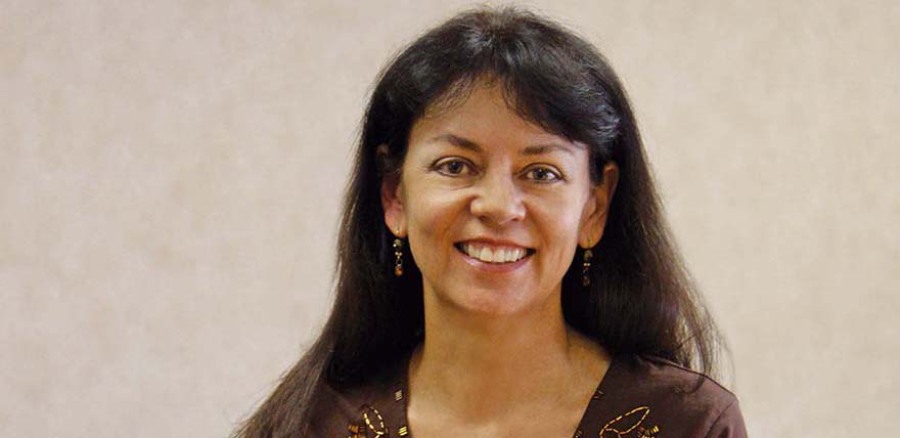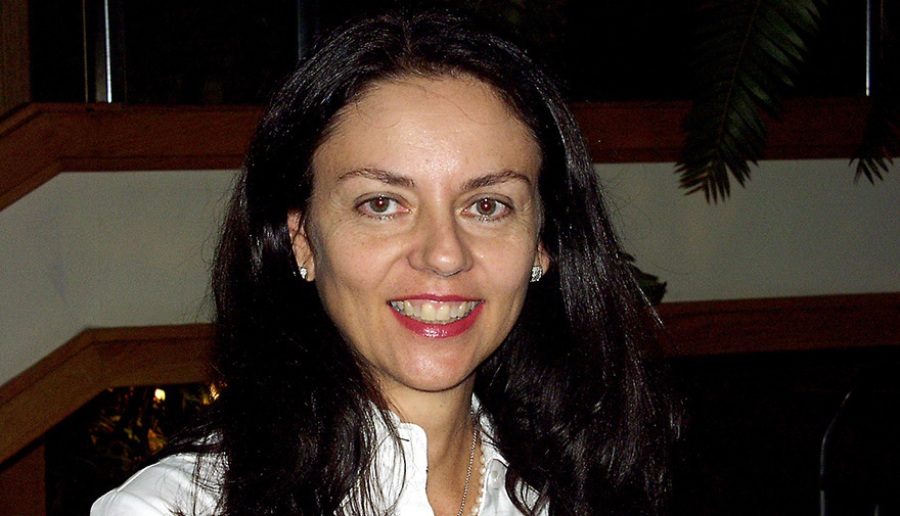🕒: Five minutes

Vera Valasis is the executive director of the Franchise Association of South Africa (FASA).
With decades of experience in the franchise industry, Vera has the distinction of being the first female executive director of FASA and her guidance and leadership have helped the rapid development of the franchising sector throughout South Africa.
Here follows a brief interview with Vera in which she outlines how the franchise industry has changed in recent years and addresses the key considerations you should take into account when considering starting a franchise.
How did you first become involved with FASA?
I was invited by the association’s chairperson, Brenda Macqueen at the time, to consider taking over the reins at the association after I left my second job in the franchise industry.
How does FASA provide support to franchisors and franchisees?
FASA accredits franchisors in terms of its strict membership criteria i.e. the franchise company’s documents are scrutinised for compliance regarding the Consumer Protection Act, the Trademark Act and other laws. The franchisor also has to provide the association with a written undertaking that they will abide by the association’s Code of Ethics.
FASA's Code of Ethics is derived from the World Franchise Council(WFC)’s Code and adjusted for South African requirements – the association is a long-standing member of the WFC and one of only two franchise associations on the African continent.
FASA offers free mediation and dispute resolution mechanisms to potential and existing franchisees in respect of accredited franchisors that are members of the association.
The association provides information and deals with queries and questions from the public via telephone, email and its website as well as at expos and seminars. This information relates to all franchising matters regarding both potential and existing franchisors and franchisees. FASA also often provides information presentations about evaluating a franchise or franchising a business.
How has the franchising sector changed in South Africa since you became the Executive Director of FASA? Do you think FASA has adapted to evolve with these changes?
The industry has changed dramatically – any business that does not change with the times as we know will ultimately fail. Technology was previously not a major feature in managing or marketing a franchise. Nowadays, for example, many franchises rely on training videos that franchisees can access via the internet. And whilst store checks are still done physically they are captured and monitored electronically. Other technologies including franchise intranet systems and hand-held POS have become indispensable and marketing has largely moved away from traditional mediums to mainly electronic marketing.
However, there are some franchise systems that still seem to have the old financial models in place even though, in my opinion, the current economic climate in South Africa calls for a more inclusive and transparent management style and business model. Greedy franchisors may still build a commission into the establishment costs of franchised outlets – carried by the franchisee – and still blindly charge a monthly management and marketing fee even though an outlet may struggle financially.
Needless to say, leading franchisors have long since adjusted their business model accordingly but there are still some worrying complaints that the association deals with from time to time – mainly against non-members - that indicate that there are still franchisors operating that demand more than their fair share of the financial pie. Franchisors need to adjust their business model to cater for the financial environment faced by franchisees.

Where do you think the franchise sector currently stands in South Africa?
According to the 2018 Sanlam Franchise survey results, it appears as if the franchise industry still delivers healthy growth despite the negative economic environment – a testament to the long history of the development of powerful brands that are household names here and in some international destinations.
How do you see the franchise sector developing in the future?
If the franchise industry manages to adjust business models to be more in line with the economic climate across all business sectors there is no doubt in my mind that the industry’s growth trajectory will continue. However, the negative perceptions created by dishonest franchisors is not doing the industry any favours and this needs to be addressed.
The industry must protect its good reputation of ethical dealings and good financial returns and stamp out franchisors that bring the industry into disrepute. Here the association’s ‘legal’ hands are tied – it has been lobbying government since 2006 to give official recognition to the Code of Ethics as an industry code so that a franchise industry ombudsman can be established to root out unscrupulous operators. Despite the Code having been published in a government gazette for public comments in 2016, it seems the matter is not receiving urgent government attention.
Which qualities do you think are important for running a successful franchise?
According to my experience, owners who give attention to every detail and are sticklers for doing things right are usually the best and most successful business owners. These owners typically have high standards especially when it comes to the people they employ (and they train them regularly) and are fair and honest in their business dealings. Owners who ask questions all the time, spend many hours studying the financial and other figures of his/her business and then take steps to correct and improve on the performance of the business can’t go wrong.
What are the main tips you would give to aspiring franchisors/franchisees?
Potential franchisors
- Not every single business concept or idea can be franchised.
- Don’t franchise your business unless you have a good financial track record of the performance of the business in a number of different locations and markets i.e. locations in a high street, a shopping mall, in a city and rural applications. Test the business with a few franchisees in the early stages that are willing to be ‘test sites’ in order to hone and fine-tune every aspect of the business model.
- Don’t franchise your business unless you have the financial independence to support franchise outlets, adequately especially in terms of marketing.
Potential franchisees
- Do not invest in a franchise unless it is an accredited franchisor.
- Do your market research very thoroughly – meet with existing franchisees and learn what they have experienced in respect of promises made by the franchisors, marketing, guidance, training and support and, most importantly, ask them if they would buy another business from the franchisor.
What do you think are the main benefits of being involved in a franchise as opposed to running your own business?
Franchisors are expected to provide franchisees with support – starting with selecting the right franchisee for the business, site selection, staff selection and training, establishing the business, marketing, lease negotiations, financial controls and management, HR issues, supply and price input – the list goes on.
There is no comparison being on your own in your own business, especially if you are a new or inexperienced business owner, as you have access to none of the above services franchisors usually offer. In some cases, it may also be easier to secure funding for a franchise than one’s own business.
What do you find the most rewarding part of being involved in franchising?
Seeing the development and growth of young brands that become award winners and household name brands, meeting incredibly talented and intelligent unemployed young people at our expos who are hungry to own their own business and seeing some of them ultimately being franchisees. What has been so encouraging lately is the fantastic response RoundaMzanzi enjoyed from the franchise industry when it launched its campaign to encourage consumers to donate one Rand to feed hungry children.
<h4>To find your perfect franchise today, take a glance at the wide range of opportunities in our A-Z Directory.<h/4>














